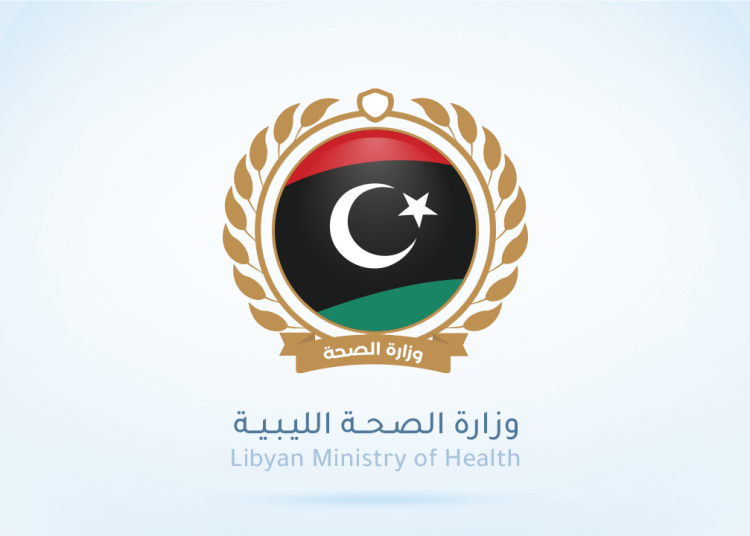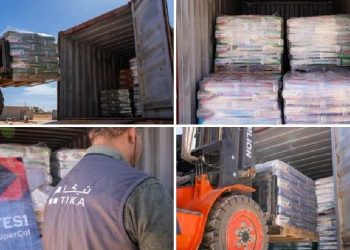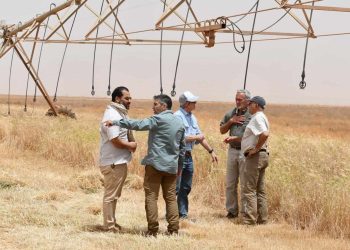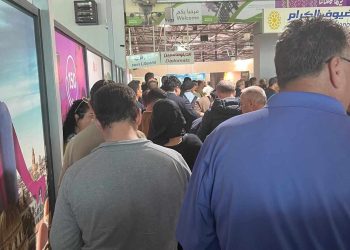Speaking in a wide-ranging interview with a Libyan TV station on Monday (reported by the Health Ministry), the Deputy Prime Minister / Acting Health Minister, Ramadan Abu Janah, said the implementation of the long-awaited public tender for medicines will be a realisation of medicine security for Libya, and that this project has been suspended since 2009.
The Minister was commenting on the chaos that has ensued in Libya’s uncontrolled medicines market with intermediaries importing unapproved medicines from across the world.
The Acting Health Minister recalled that (during the Qaddafi regime) prior to the revolution of 2011, the Libyan state used to deal with the parent medicine companies without any intermediary, and it supplied medicines with the best standards and specifications.
However, since 2011, he continued, medicines have been entering from all outlets, with fake and sub-standard medicines circulating inside health institutions.
He recalled that in 2019, the Presidential Council formed a committee for public tenders, and the committee worked on a medicines list for a public tender. After the current government came to office, it paid great attention to the problem of medicine.
The Minister said that after he had assumed office, he conducted a public tender, and announce to all Libyans that the public tender had entered into force.
Minister Abu Janah pledged that he was responsible before God, and assured Libyans that the public tender ‘‘is not tainted by any corruption’’.
He revealed that a week ago, 16 transactions related to the public tender were transferred to the Central Bank of Libya.
These were for specialized medicines that will arrive in Libya within two months, and the contracted manufacturers have started manufacturing the medicine for the benefit of the Libyan state.
Ninety containers of general medicines, actuators, and supplies will arrive successively to the state Medical Supply Organisation.
The Acting Health Minister extended his thanks to the Audit Bureau, the Office of the Attorney General and the Administrative Control Authority ‘‘for their great role in the success of the Public Tender Project’’.
The Public Tender has become a reality, and within months the problem of medical supplies will be resolved, he concluded.
Twenty-three dead and 106 injured in Tripoli’s security forces clashes (libyaherald.com)
Committee formed to monitor standards and prices in public and private healthcare (libyaherald.com)
After a ten-year hiatus, Al-Khadra hospital’s Eye Clinic reopens (libyaherald.com)
fter a ten-year stoppage, Al-Khadra hospital resumes keyhole knee surgery (libyaherald.com)
Conference on Localisation of Medical Treatment – Tripoli 12 to 13 June (libyaherald.com)
Operations Department of Tripoli Eye Hospital reopened after 13-year closure (libyaherald.com)
Visiting Italian medical team touring Libyan hospitals across the country (libyaherald.com)
Visiting Egyptian eye surgeon conducts 20 cornea operations in Beida (libyaherald.com)
Health Ministry to launch the 2023-2028 national strategy and 2023 sector plan (libyaherald.com)
Libya discusses cooperation with Jordan on localizing autism treatment (libyaherald.com)
Libyan Turkish Hospital in Misrata opens: to set new healthcare standard in Libya (libyaherald.com)
Serraj government’s catastrophic failure to reform Libya’s healthcare: Analysis (libyaherald.com)
Libya to recruit 150 Filipino first phase nurses for Tripoli University Hospital | (libyaherald.com)
Tripoli University Hospital to recruit 850 foreign nurses | (libyaherald.com)
New head of TMC appointed – part of continued health reform programme | (libyaherald.com)
Serraj spells out reforms needed by Libyan healthcare system | (libyaherald.com)












